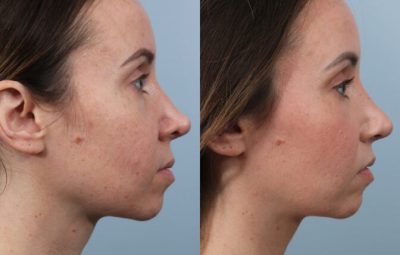The field of dentistry has made quite some progress since its origins in and around 5000 BC, as one of the first recorded mentions of oral cavity maladies. Today’s dentistry makes use of a variety of innovative procedures and tools meant to prevent and cure any dental or maxillofacial problems that often occur throughout a person’s life. An average person will visit the dentist at least 100 times in their lifespan, maybe more. Visits can include teeth cleaning, restoration, extraction, scaling, and root canal. This list of dental work includes preventative measures that will hopefully negate the restorative and corrective measures listed.
An annual tooth cleaning is an important part of a person’s dental health. This should fall at the top of the list with the yearly checkup from your doctor as well as to your daily routine of at home cleaning. This dental work will help to prevent cavities and tooth decay that occurs from a buildup of plaque and any food particle left/missed in your teeth from daily brushing and flossing. Preventing cavities and tooth decay will also prevent the need for procedures such as scaling, fillings, root canals and tooth extraction.
Tooth extraction should be the last option-and will be with proper dental care. Extraction is the removal of tooth/teeth in the instance where other dental work options are unavailable. Extraction of teeth occurs when there is no way of saving the original tooth or as a preventative measure if there is a threat of the development of serious problems in the future. The loss of a tooth can be negated by restorative measures such as bridges and in certain situations partial or full dentures. Of course depending on what tooth is extracted, you can still eat properly without it, even if the gap is not filled.
Root canals are another method of dental work that helps to prevent further tooth decay in an already damaged tooth.
This involves the removal of the root and nerve of the tooth and the placement of a cap on the original tooth. This procedure is offered as long as there is enough remaining of the tooth with enough strength to support a cap or crown. Dental work such as this can help to relieve pain in said tooth and help to eliminate and deter infection. Unfortunately, with root canals, these may not last and eventually the tooth may have to be extracted anyway. The hope is, however, to give a person as many years with their original teeth as possible.







